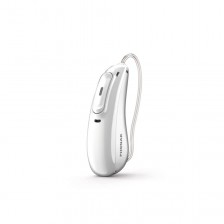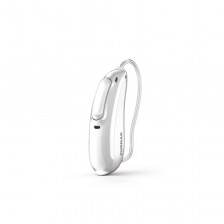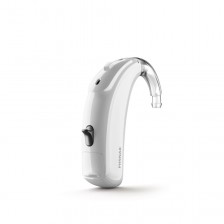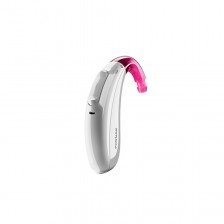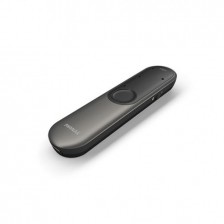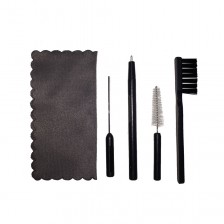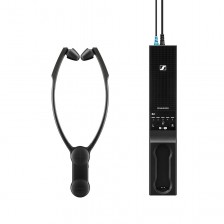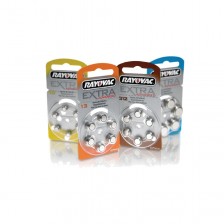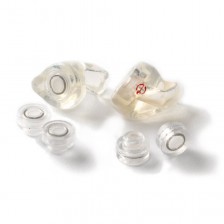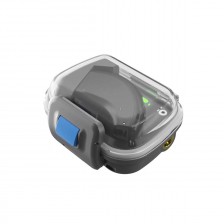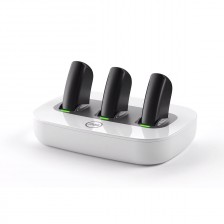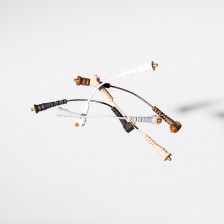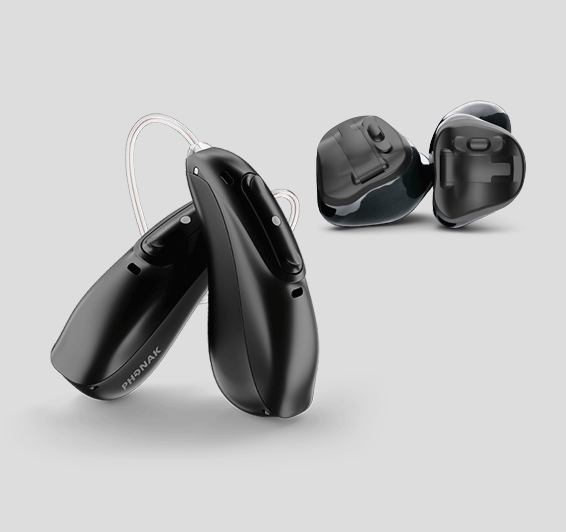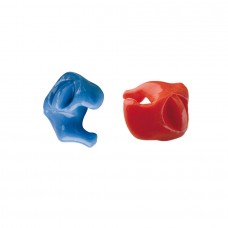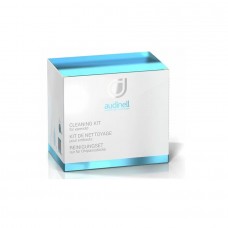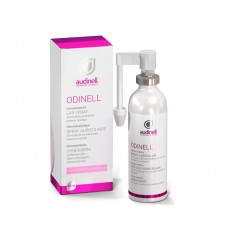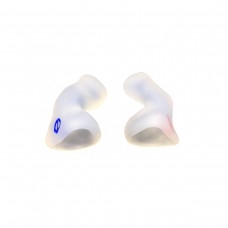Protect your ears this summer

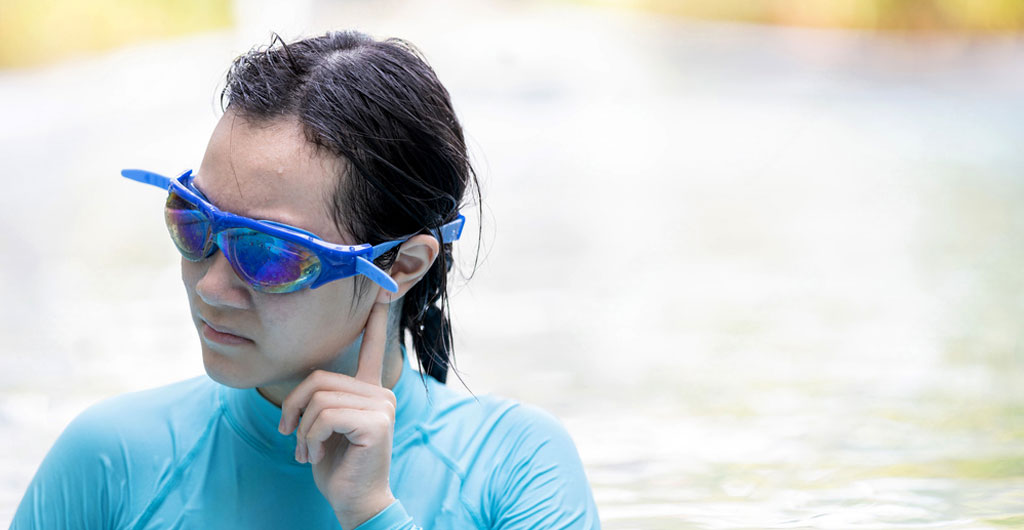
Summer means beaches, pools, adventures, and outdoor fun. But it can also be a season of risks for your hearing health if you’re not careful. Protecting your ears is just as important as using sunscreen or staying well hydrated.
Why is it important to protect your ears in summer?
During the warmer months, ears are more exposed to:
- Excess water (in pools or the sea), which can cause infections like swimmer’s ear (external otitis).
- Constant moisture, which encourages the growth of bacteria and fungi.
- Pressure changes and wind during activities like diving or water sports.
- Exposure to loud noises at festivals, concerts, or parties.
Common risks
- Swimmer’s ear (external otitis): Pain, itching, and redness caused by moisture or dirty water.
- Tinnitus (ringing in the ears): Triggered by loud noise or acoustic trauma.
- Temporary or permanent hearing loss, if no protection is used.
How to protect your ears
- Water earplugs: Ideal for swimming, they keep water out of the ear canal. Best if custom-made or reusable silicone.
- Neoprene bands or straps: Help hold earplugs in place, especially useful for children, and protect from wind or cold.
- Swim caps: While not fully waterproof, they help keep ears drier and more protected.
- Noise earplugs: If you're attending concerts or festivals, use special plugs that lower volume without distorting the sound.
- Ear cleaning: In this post, you’ll find all the information and tips you need to take care of your ears safely.
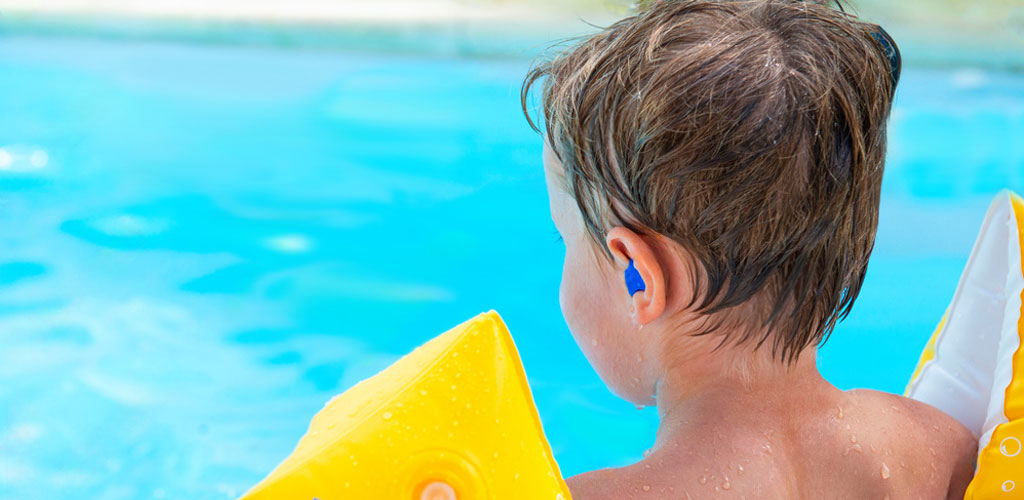
This summer, don’t neglect your ears. A small action like using earplugs or keeping water out can prevent discomfort, infections, and long-term hearing issues.
Prevention is not an exaggeration, it’s health.
